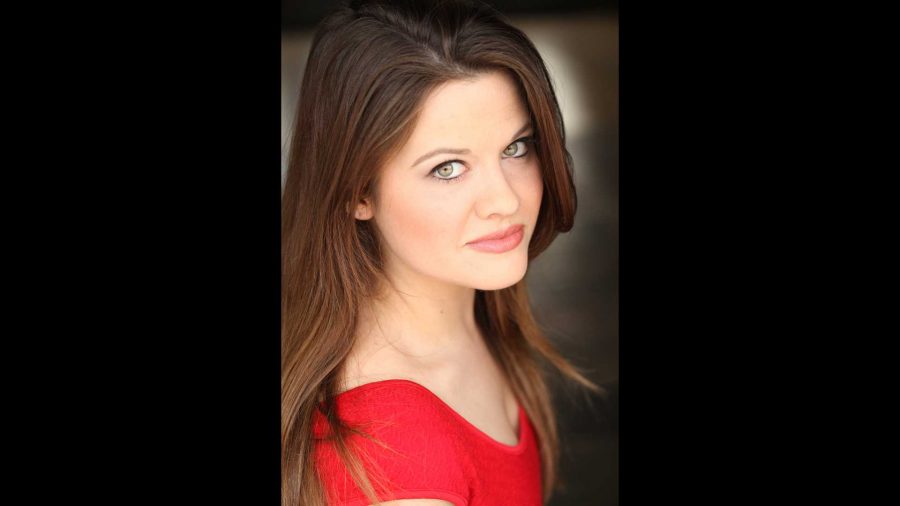Taylor Bradley graduated in 2013 from the University of Iowa with a B.A. in theater and a minor in English literature. She now lives in Los Angeles, where she run a nonprofit theater company called 48 Hours Theater. She recently published her first book, Side Effects, which deals with various aspects of mental health and features a collection of poems, short stories, plays, and observations. The Daily Iowan recently had the opportunity to speak with Bradley about the experience of writing the book and her art.
DI: What inspired the book?
Bradley: I was recently diagnosed with depression, anxiety, and PTSD, and all of a sudden, I had resources and names for things I’ve struggled with my entire life. I had a rather large collection of random writing projects that I had been working on throughout high school and college, and I realized it all fell within six or seven categories/themes. I decided to compile the pieces I felt spoke most honestly about my journey of growing up. I titled the book Side Effects so I could organize my work by the themes that inspired me, as well as actual side effects I’ve experienced, because I write in numerous media.
DI: The book is a combination of many genres, many styles; how did this idea come to you?
Bradley: I don’t think anyone thinks or feels in only one medium. Also, this book spans about eight years of my writing, and I think depending on what phase of life you’re in, you relate more to different types of literature. If I can convey an idea by comparison, or if it’s especially vivid, I’ll probably write a poem. If what I’m trying to explore is about people and their interaction with other people (love, friendship, conflict), I’ll probably write a play. Or if I just have a poignant thought or an absurd interaction that I want to speak on, it may just be an 11 Word Observation. Also, I think people respond better to multiple media, especially younger generations. Patience is fleeting, and I want my book to be accessible and easy to consume.
DI: How much of this work is autobiographical? Do you think that affected your writing process and the final product?
Bradley: It is almost entirely autobiographical. Some of it is dramatized slightly, but unfortunately, many elements of what I write about doesn’t need a dramatized interpretation to be dramatic enough to make an impact on readers. I was very nervous when I first released the book; honesty can make people very uncomfortable, and I felt a little like I was publishing my diary. I didn’t leave anything out. This is where I’m from and who I am.
DI: Where did the inspiration for the stage adaptations/screenplays come from? What made you want to combine that with poetry?
Bradley: I have a theatrical background. I grew up performing in plays, and I got my B.A. from UI in 2013 in theater arts with an emphasis on playwriting. I now run a nonprofit theater company called 48 Hours in Los Angeles. Theater is in everything I do. I often have dreams of living in plays or with characters from literature, and it has always been my go-to outlet when I’m struggling.
DI: Self-publishing your art becomes a prominent theme, especially at the end. Do you mind talking a little bit about your decision to self-publish and what that experience was like?
Bradley: I’ve never been one to wait around and wait for opportunities to be handed to me. I prefer reaching out and taking risks. I self-produced six plays through my theater company; I rented spaces, hired actors, and made it happen. I pride myself on putting out quality work, but I don’t feel the need for approval to get my feet off the ground.
I knew this book was ready for consumption, and I felt like it needed to be published, but I don’t have a literary agent. I think growth and success comes after you can prove that your work is capable of reaching people. I feel like I should put the work in and learn everything I can about marketing, and formatting, and editing, and design, so I can approach this industry with the knowledge and drive it takes to make a living at it.
DI: Do you think self-publishing has changed you as an artist?



